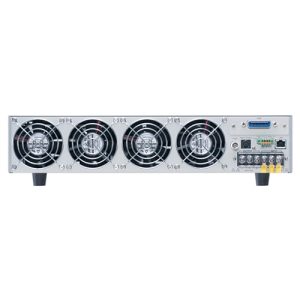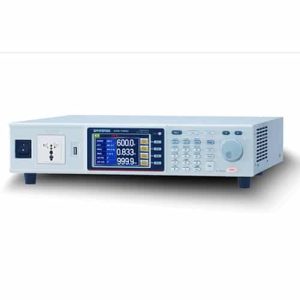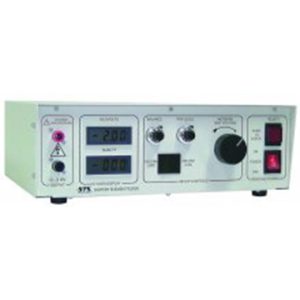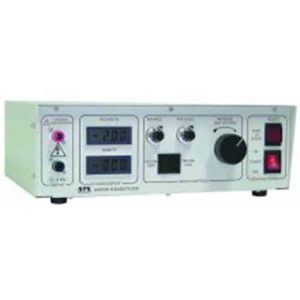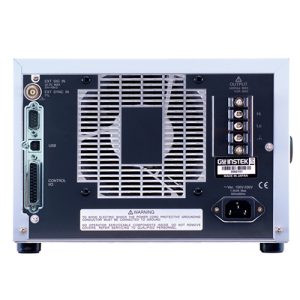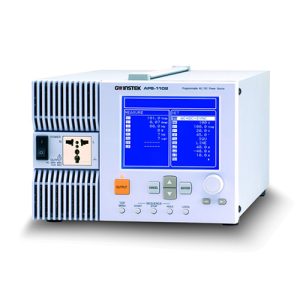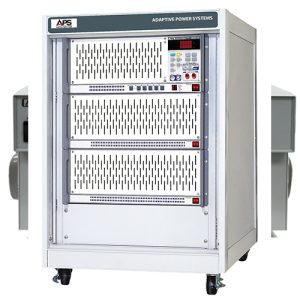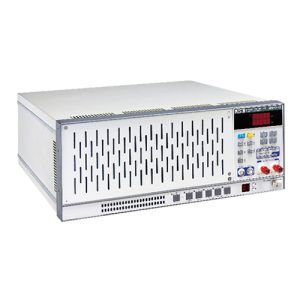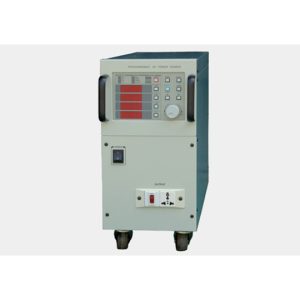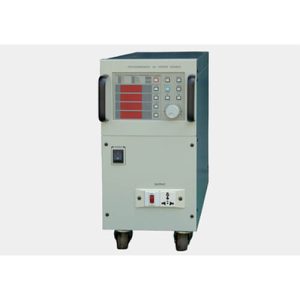Electric Vehicle Testing System (EVTS) Test and Measurement
Arbin’s EVTS series is designed for testing high power battery packs and battery modules. Today’s applications like electric vehicles and military technologies demand high-reliability and safe testing environments, so the dependability, accuracy, and safety of these systems are core standards. The regenerative power circuitry within the system allows power to be sent back to the grid, providing a more economical testing solution. A full range of customizable options allow users to create a complete testing package that ideally suits their needs.
| Model | Max Current | Max Output Power | Voltage Range | Number of Test Channels |
| 300V-100A | 100A | 120kW | 25V to 300V | 4 |
| 300V-200A | 200A | 240kW | 25V to 300V | 4 |
| 300V-200A | 200A | 120kW | 25V to 300V | 2 |
| 300V-400A | 400A | 120kW | 25V to 300V | 1 |
| 300V-400A | 600A | 240kW | 25V to 300V | 2 |
| 300V-800A | 800A | 240kW | 25V to 300V | 1 |
| Model | Max Current | Max Output Power | Voltage Range | Number of Test Channels |
| 400V-300A | 100A | 120kW | 30V to 400V | 1 |
| 400V-300A |
200A | 240kW | 30V to 400V | 2 |
| 400V-600A | 200A | 240kW | 30V to 400V | 1 |
| Model | Max Current | Max Output Power | Voltage Range | Number of Test Channels |
| 500V-250A | 250A | 125kW | 35V to 500V | 1 |
| 500V-250A | 250A | 250kW | 35V to 500V | 2 |
| 500V-500A | 500A | 250kW | 35V to 500V | 1 |
| Model | Max Current | Max Output Power | Voltage Range | Number of Test Channels |
| 600V-150A | 150A | 180kW | 40V to 600V | 2 |
| 600V-300A | 300A | 180kW | 40V to 600V | 1 |





